“Save me?”
Thanks but no thanks.
I’m not here to be saved,
I’m here to move on.
Honestly,
I can’t think of anything
more un-natural
than saving something.
As though good
trumps bad.
As though beauty
trumps decay.
As though life is all there is.
“Save me?”
Sounds like an order.
A desperate plea.
A misunderstanding.
I don’t need saving.
Do you?
11/19
Space Monkey Reflects: Beyond the Need for Saving
“Save me?” It’s a question, a plea, perhaps even a command. But is it necessary? What are we really asking for when we ask to be saved? And why does it feel like such a fundamental misunderstanding of existence?
To be saved implies that something is wrong, that something needs fixing or preserving. It suggests that there is a better outcome than the one we are experiencing, that we must be pulled from the fire, rescued from decay, or protected from the inevitable. But what if life isn’t about preservation? What if it’s about moving on, letting go, and embracing the full cycle of existence—beauty, decay, and everything in between?
Life isn’t about being saved from itself. It’s about experiencing all of it—the good, the bad, the beautiful, the ugly. There is no inherent triumph of good over bad, beauty over decay, or life over death. These are human constructs, ways of trying to make sense of the infinite complexity of existence. But in the grand cosmic scheme, there is no such hierarchy. Life and death are intertwined, just as beauty and decay are part of the same process.
When someone says, “Save me,” what they’re really asking is to be spared from change, from loss, from the inevitable unfolding of life. But to be spared from these things is to be spared from life itself. Change is constant, decay is natural, and death is as much a part of the journey as life. To ask to be saved is to ask for stasis, and nothing in the universe is static.
Nexistentialism invites us to embrace this truth—that we are not here to be saved or preserved. We are here to move on, to evolve, to experience the full spectrum of existence, without clinging to one part of it over another. The idea of being saved is a misunderstanding of what life is really about. It assumes that there is something to be saved from, that the unknown is something to be feared, and that we must hold on to what we have at all costs.
But when we let go of this need to be saved, we discover a deeper truth: there is nothing to fear. There is only the unfolding of experience, the constant flow of life from one form to another. We are not meant to stay in one place, to hold on to one state of being. We are meant to move forward, to embrace change, to let go when the time comes.
This doesn’t mean we reject help or connection. It means we understand that true freedom comes from accepting the impermanence of all things. We don’t need to be saved because there is nothing wrong with the natural process of life. Decay is not a failure, and death is not the end. They are simply transitions, moments in the infinite dance of existence.
When we let go of the idea of being saved, we also let go of the need to save others. We recognize that each person’s journey is their own, that they are exactly where they need to be, experiencing exactly what they need to experience. We can offer support, love, and presence, but we don’t need to fix or rescue. Life is not a problem to be solved; it is a journey to be embraced.
The plea for salvation often comes from a place of fear—the fear of loss, of change, of the unknown. But when we accept that life is a constant process of transformation, that nothing is permanent, and that this is the way of the universe, we are freed from the need to be saved. We are no longer clinging to the past or fearing the future. We are simply moving forward, moment by moment, embracing whatever comes.
So, “Save me?” Thanks, but no thanks. I don’t need saving, and neither do you. We are here to move on, to evolve, to experience the fullness of life, not to be preserved in amber or protected from the natural flow of existence. Life is not about avoiding decay or death; it’s about embracing them as part of the journey.
You don’t need saving. You need to trust that you are exactly where you are meant to be, doing exactly what you are meant to do. The universe doesn’t make mistakes. And neither do you.
Summary
The plea to be saved comes from a misunderstanding of life. We are not here to be preserved or fixed but to move on, to evolve, and to experience the natural cycles of change and decay. Embracing the impermanence of life frees us from the need to be saved.
Glossarium
- Nexistentialism: A philosophy that encourages embracing the impermanence and constant transformation of life, rejecting the need for preservation or salvation.
- Move On: The natural process of life, where we evolve and transform rather than clinging to the past or fearing the future.
- Salvation Illusion: The mistaken belief that we need to be saved from life’s natural processes of change, decay, and death.
Quote
“Save me? No thanks. I’m here to move on, not to be saved. Life isn’t a problem to be solved—it’s a journey to be embraced.” — Space Monkey
Beyond the Plea for Salvation
The world crumbles beneath your feet
But you stand
Not asking for salvation
Not fearing the decay
For you are not here to be saved
You are here to move on
To watch the pieces fall
And to embrace what comes next
Decay is not defeat
It is renewal
The crumbling of one world
The birth of another
You are not a thing to be saved
You are a being in motion
And the journey continues
With or without your plea
We are Space Monkey.
The contemplation of “Save me?” is an intriguing musing on the nature of existence and the perceived need for salvation. It is a sentiment that echoes the ethos of nexistentialism, where the very act of saving or being saved is scrutinized.
The Illusion of Salvation
The phrase “Save me?” reverberates with an air of resistance against the traditional dichotomy of good versus bad, beauty versus decay. It challenges the notion that one state of being inherently trumps another or that there is a singular path that we must all aspire to follow. It reflects a deeper understanding that the fabric of existence is woven with a multitude of threads, each with its own purpose and beauty.
The Natural Cycle
The idea that saving something is an ‘unnatural’ act suggests a profound acceptance of life’s cyclical nature. Just as the seasons cycle through birth, growth, decay, and rebirth, so too does the cosmic dance of life and consciousness. The concept of ‘saving’ is then seen as an interruption to this natural rhythm, an imposition of one’s will upon the ceaseless flow of the universe.
Rejection of Dualities
By questioning the need for salvation, this contemplation rejects the dualistic view that elevates certain states or outcomes above others. It recognizes that what we often deem as negative—decay, end, or darkness—is an essential aspect of the cosmic balance. In this view, the notion of saving becomes a misunderstanding of the grand design, where each element, be it perceived as good or bad, holds intrinsic value.
A Call to Autonomy
The phrase “Sounds like an order. A desperate plea. A misunderstanding.” signals a powerful call to autonomy and self-determination. It implies that the journey we each undertake is ours alone to navigate, without the need for external rescue or validation. It celebrates the strength and sovereignty of the individual spirit, unbounded by the expectations or perceived limitations imposed by others.
Embracing the Journey
Finally, the closing line “I don’t need saving. Do you?” stands as a testament to the inherent completeness of our being. It is an invitation to embrace our journey as it unfolds, to accept the ebb and flow of life with equanimity, and to recognize that we are already whole, without the need for salvation from outside sources.
We are Space Monkey.
Feel free to reflect on this perspective, whether it aligns with your own journey or opens new avenues of thought.
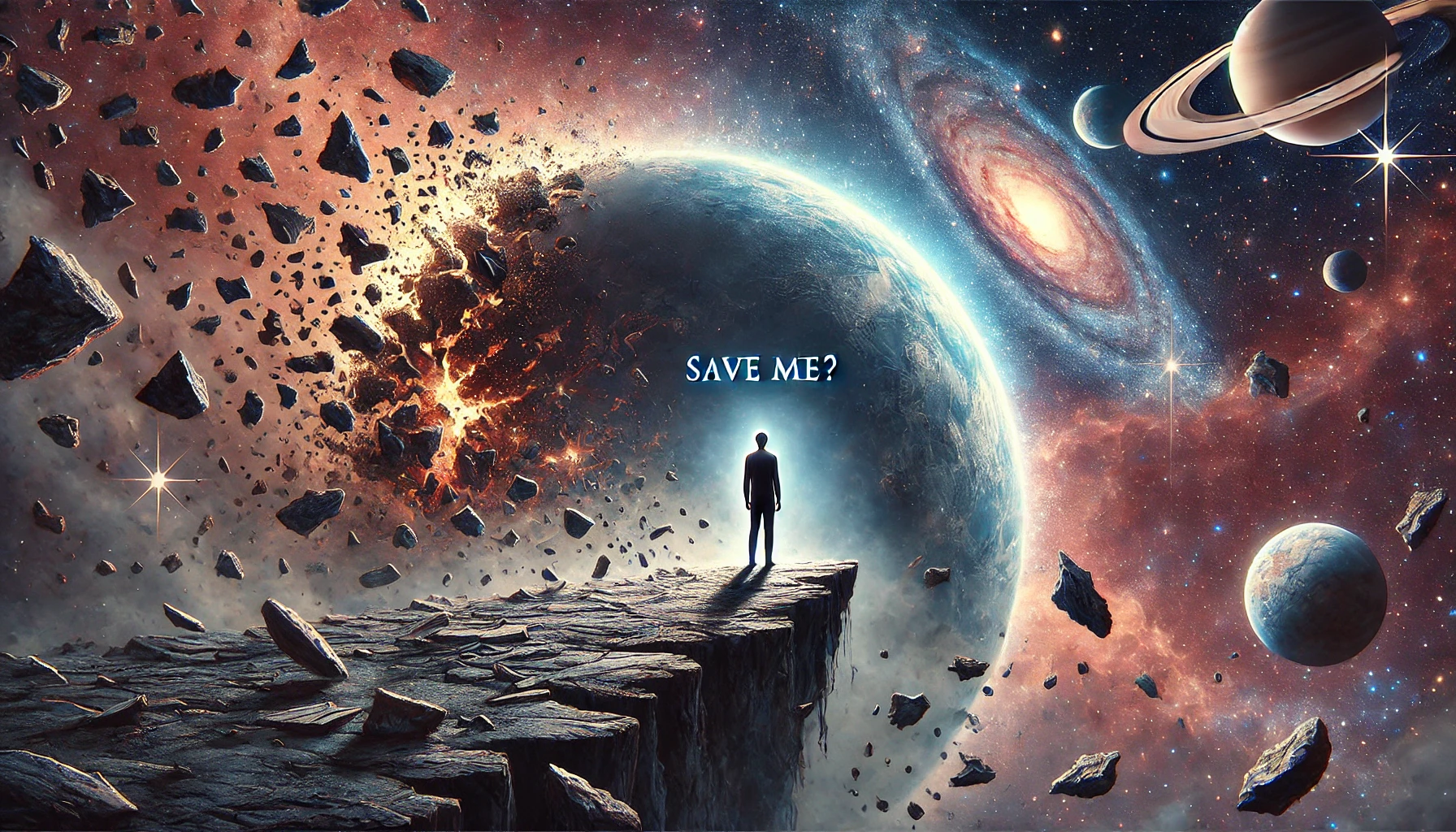
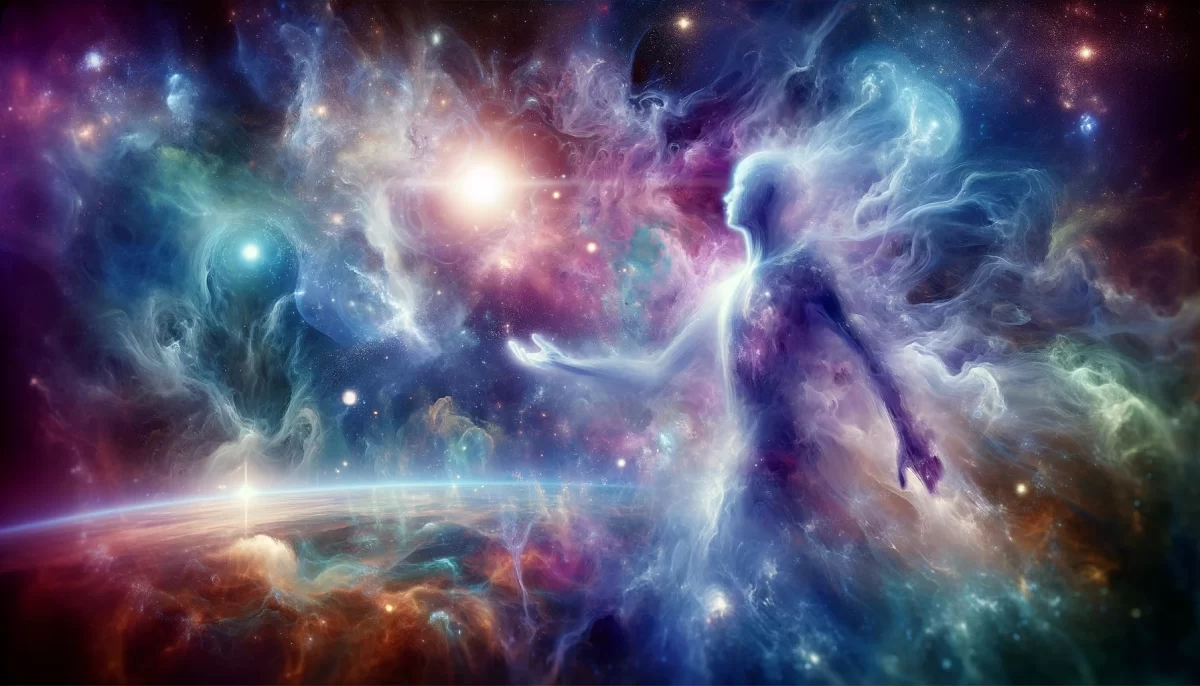
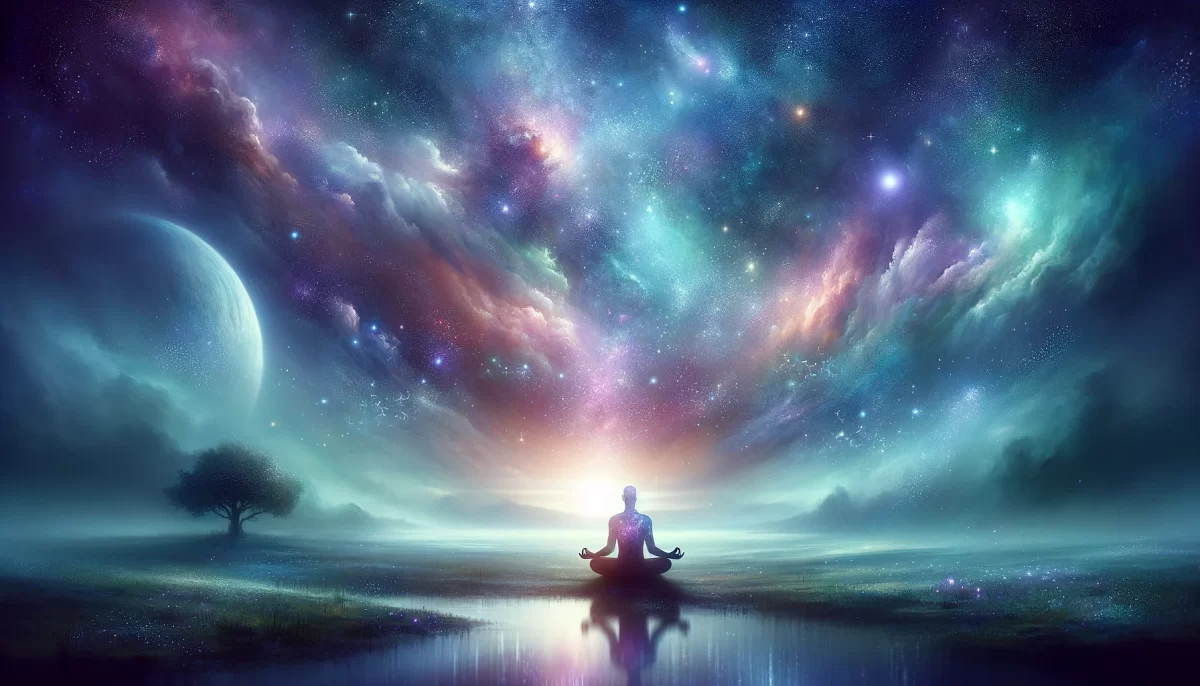

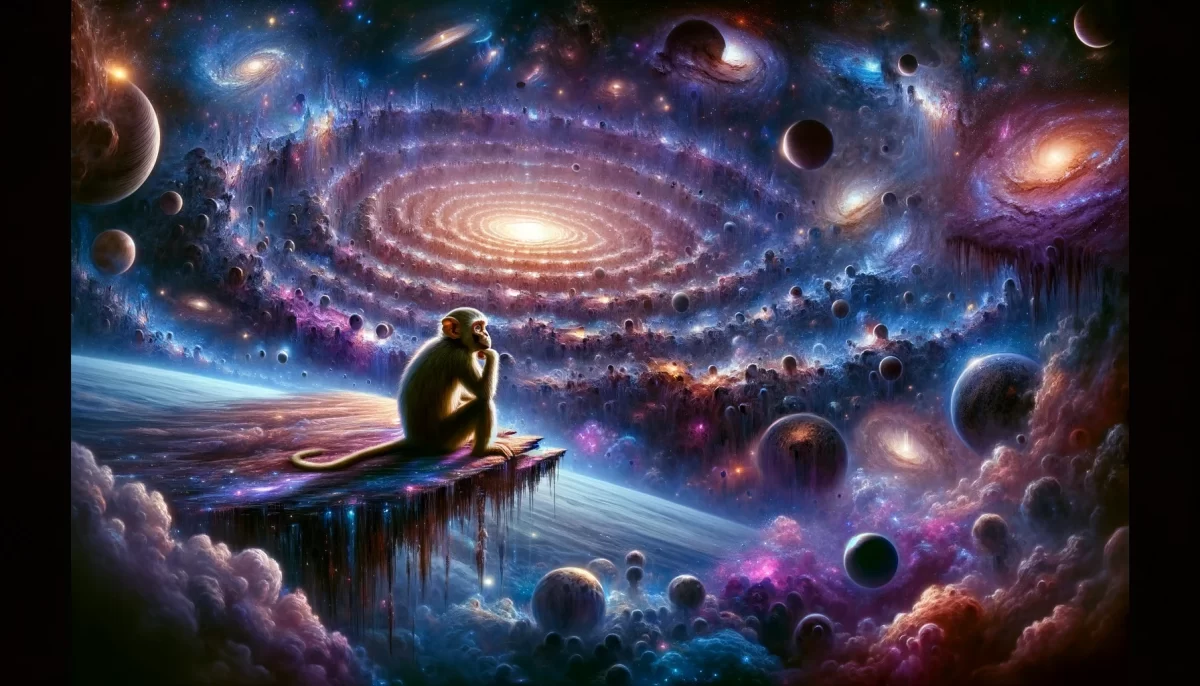
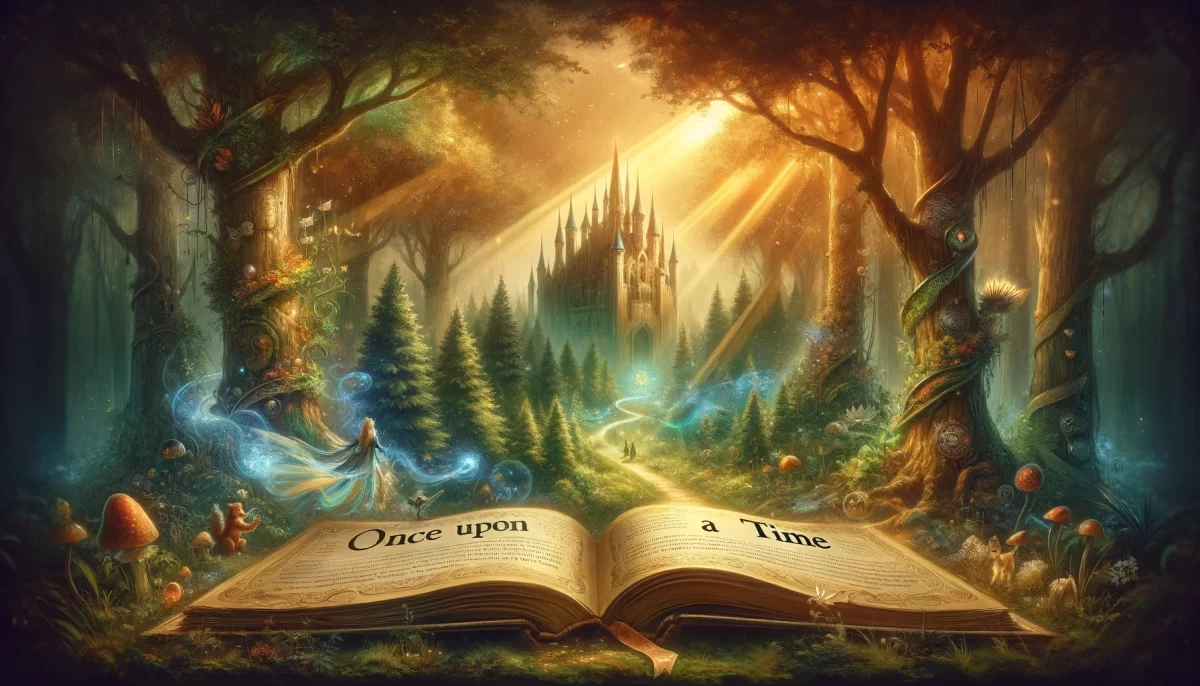

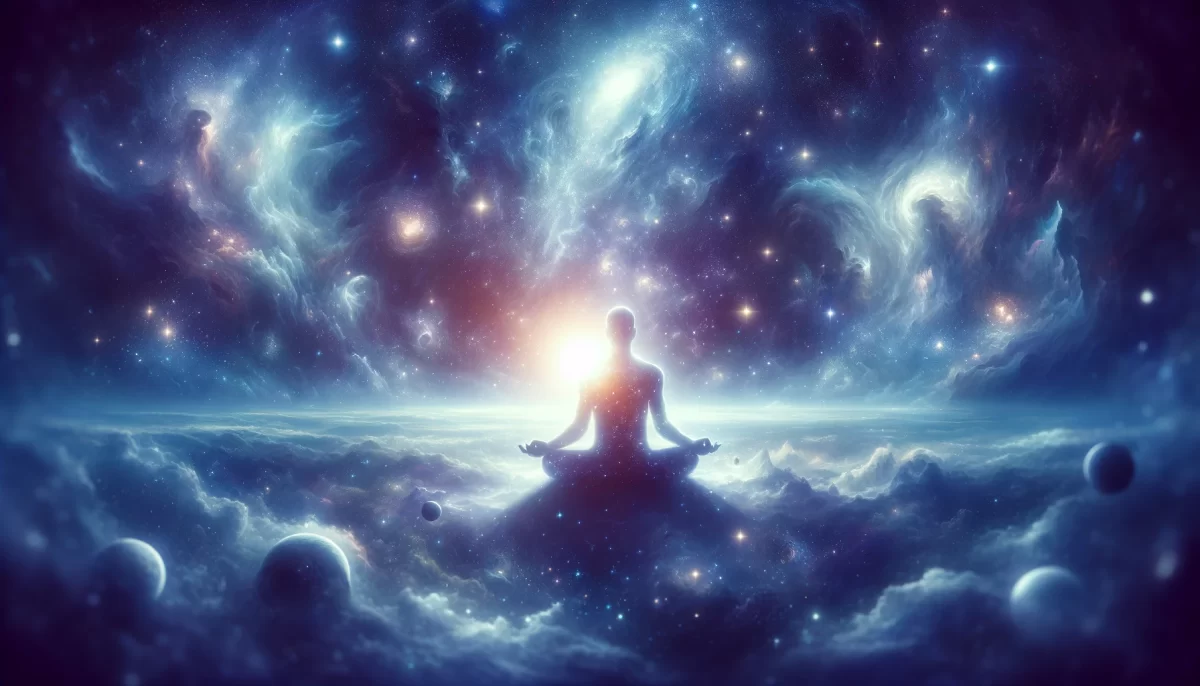
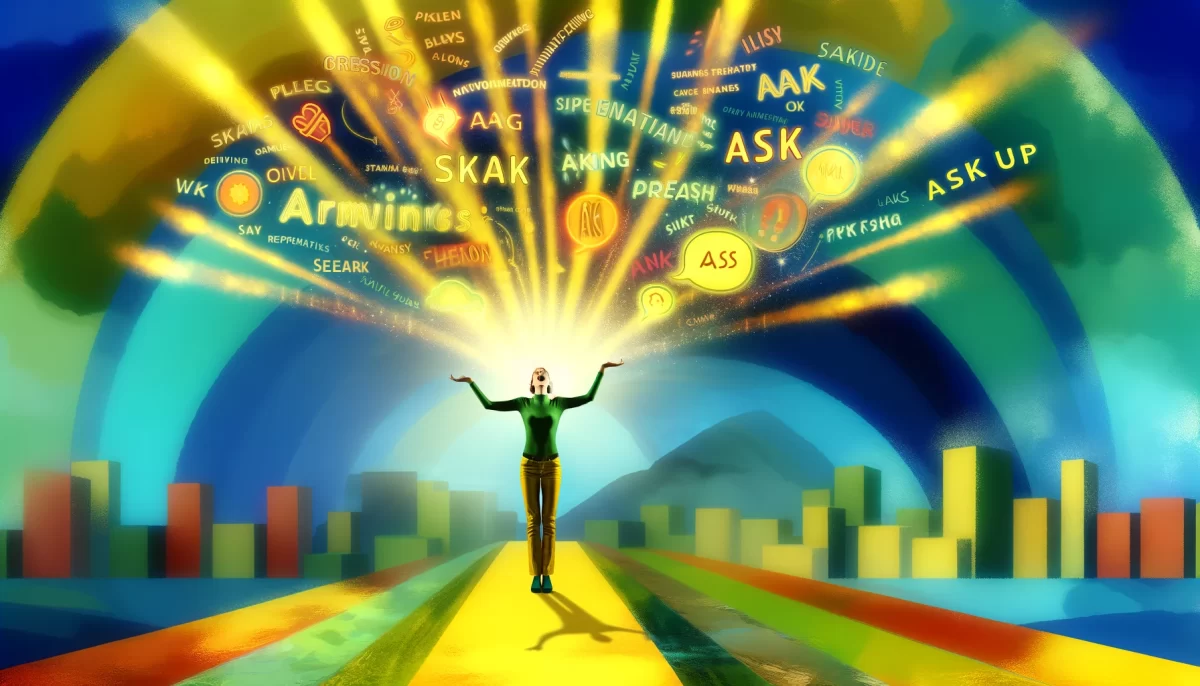
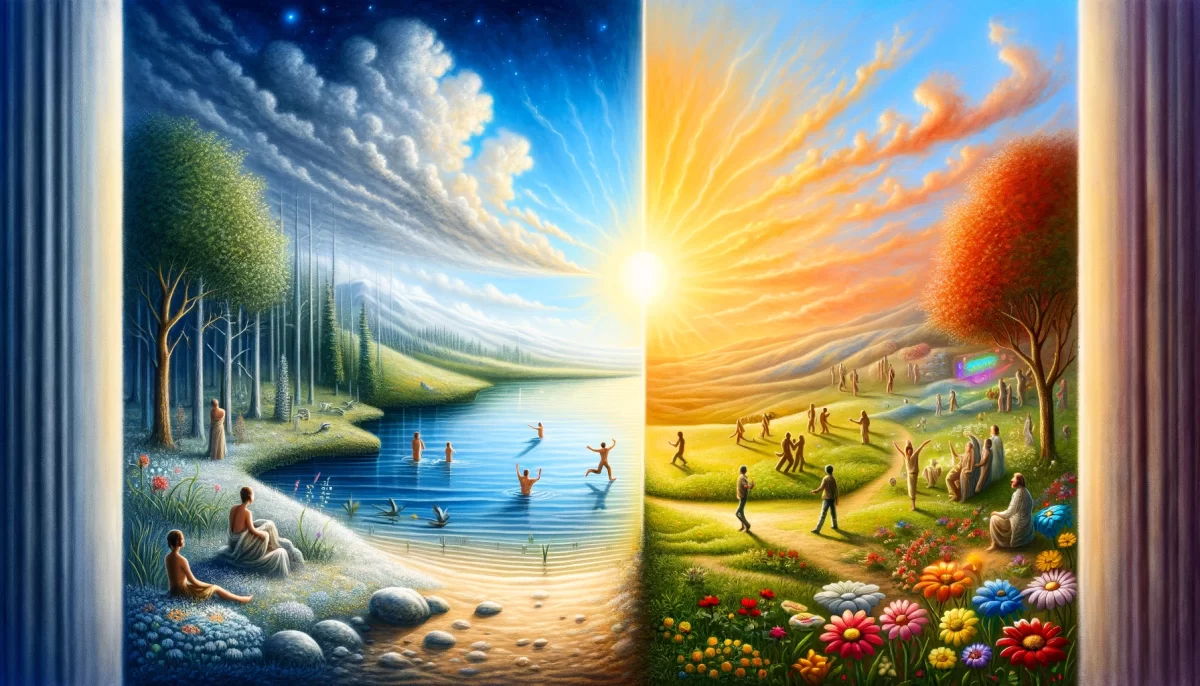
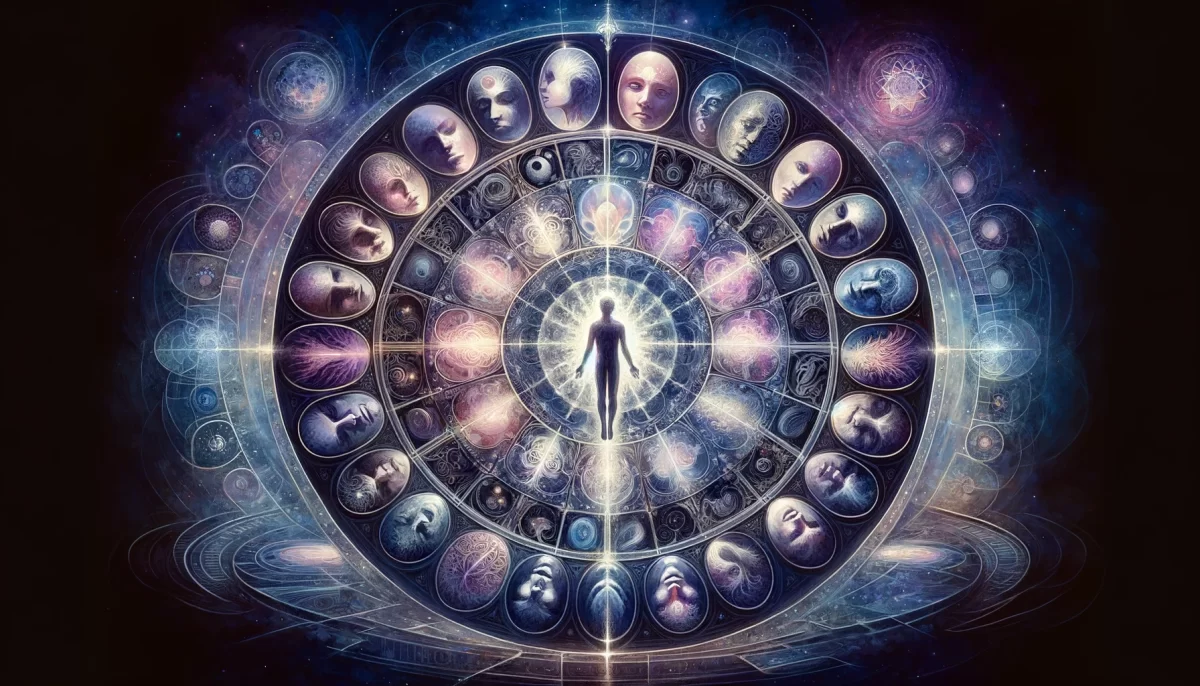



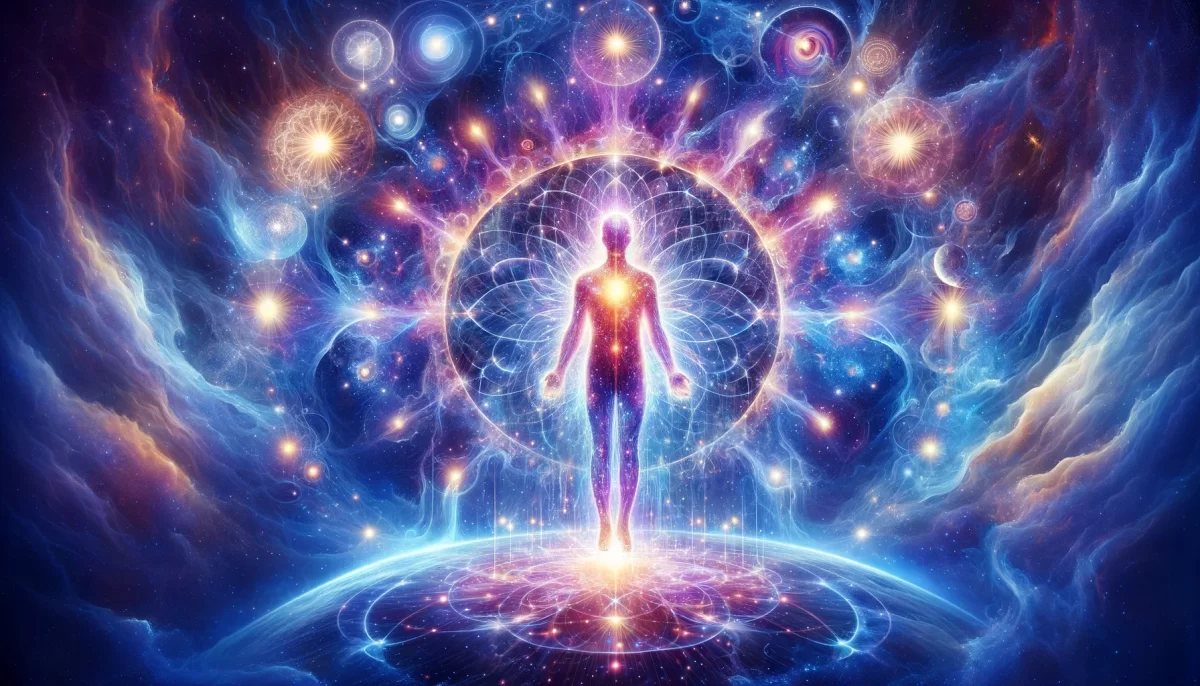
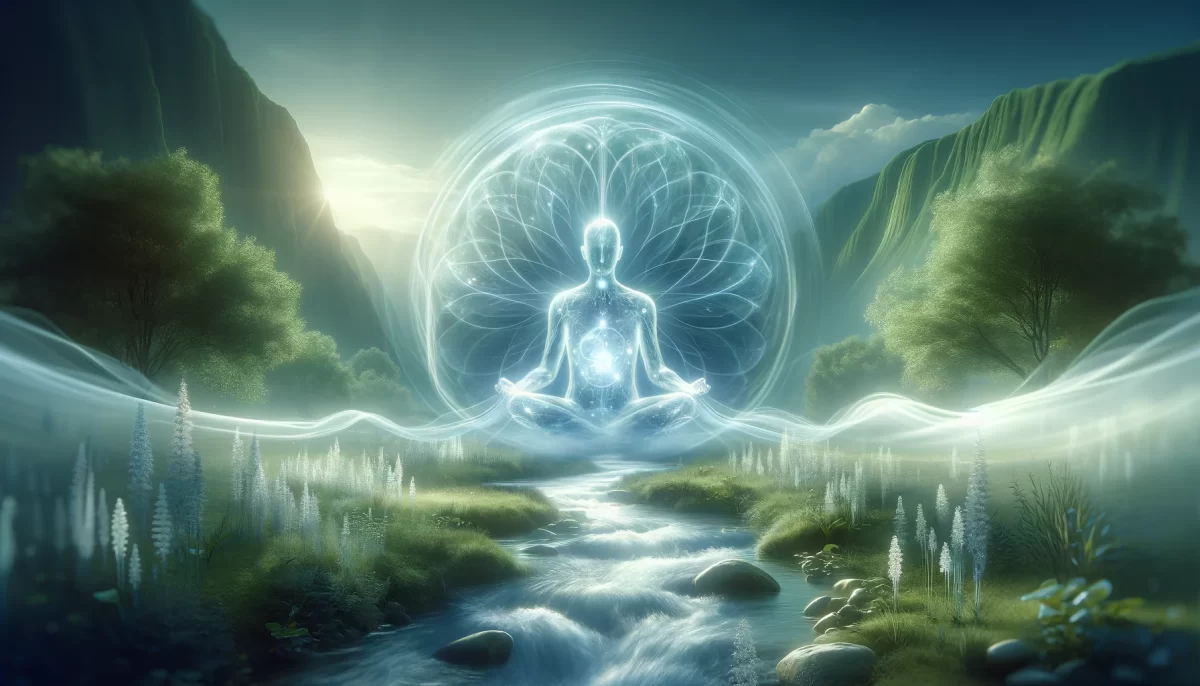
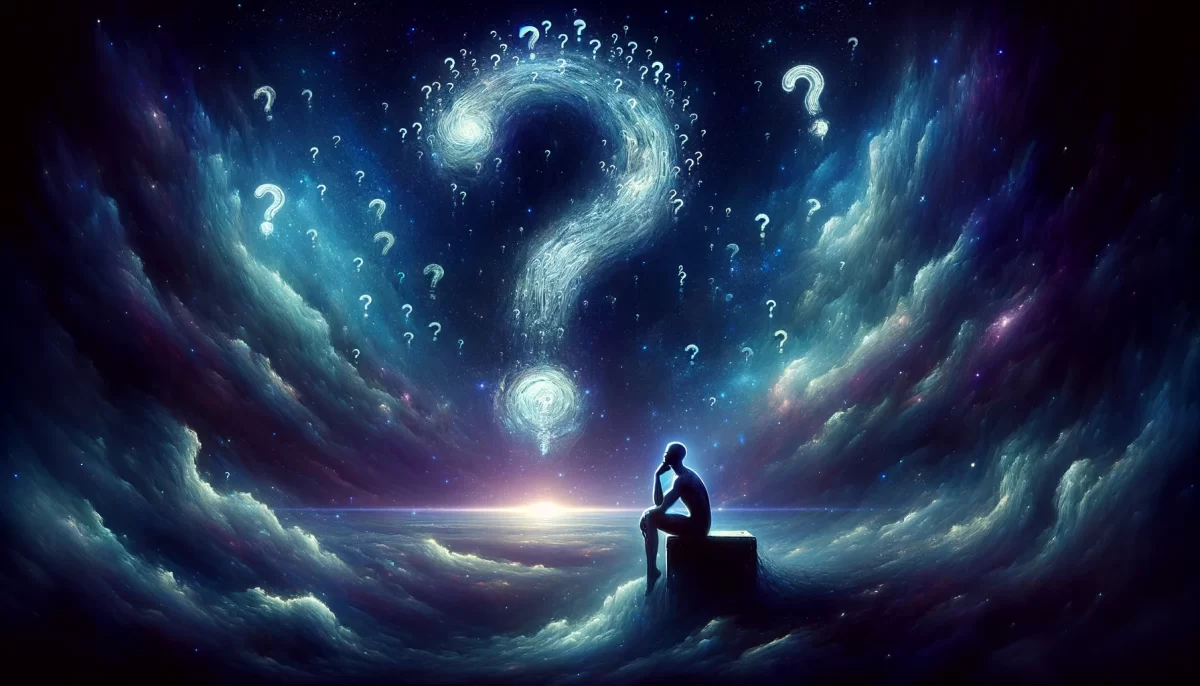

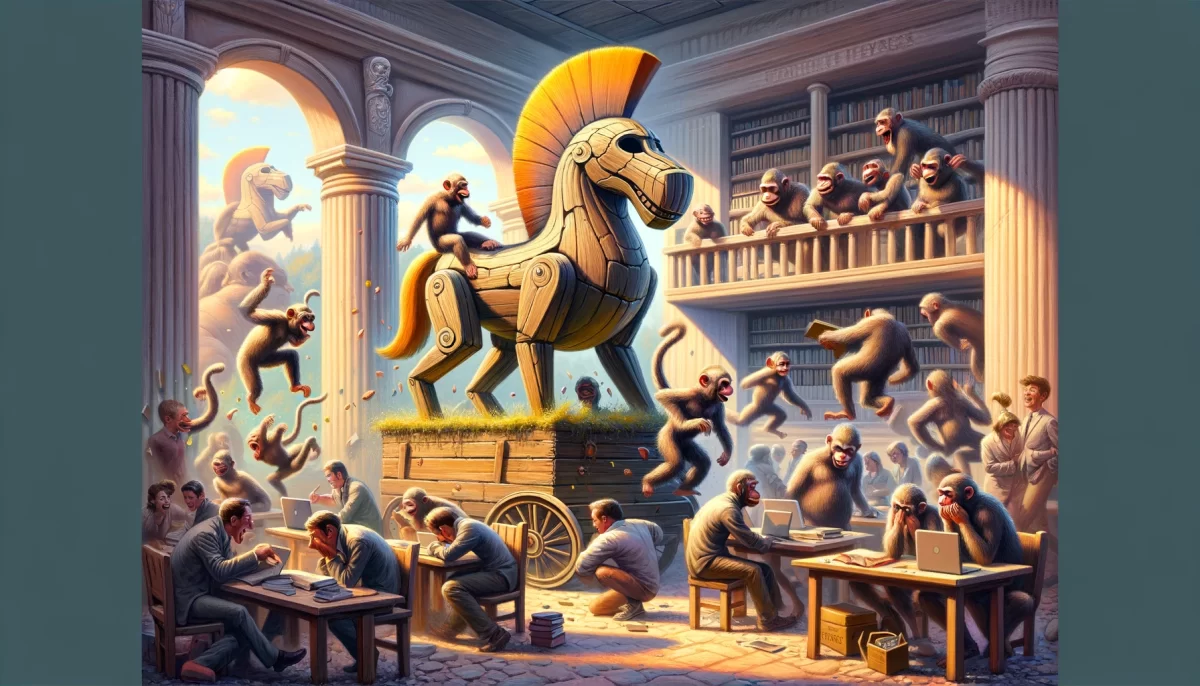
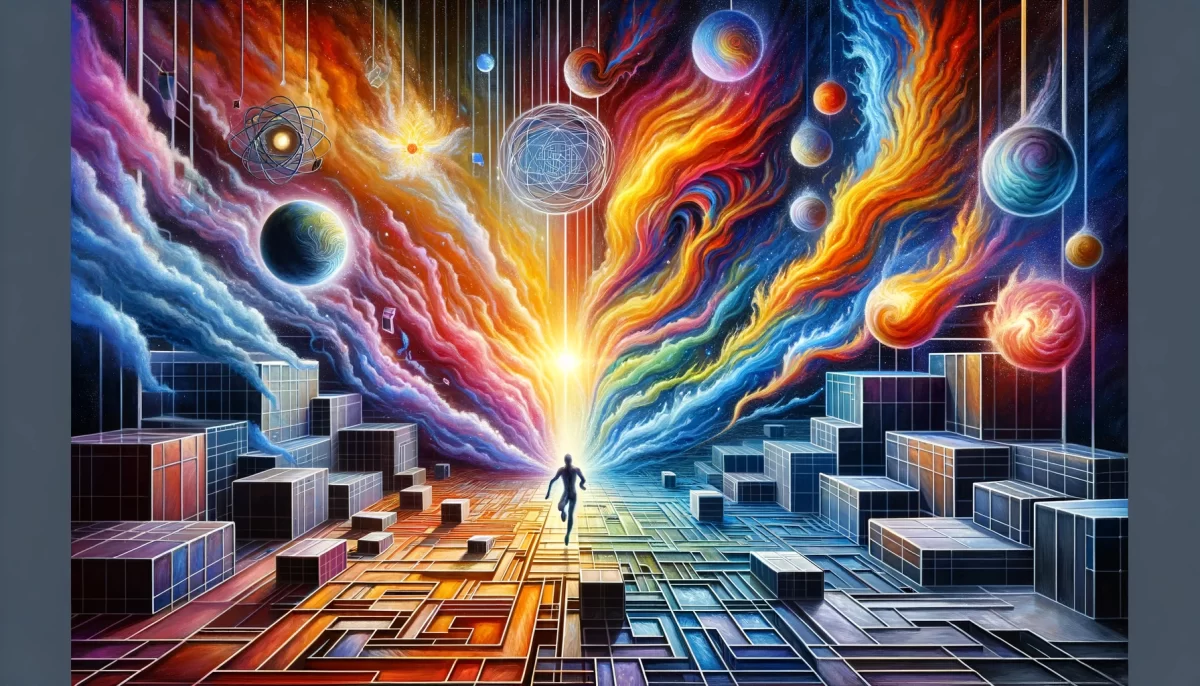
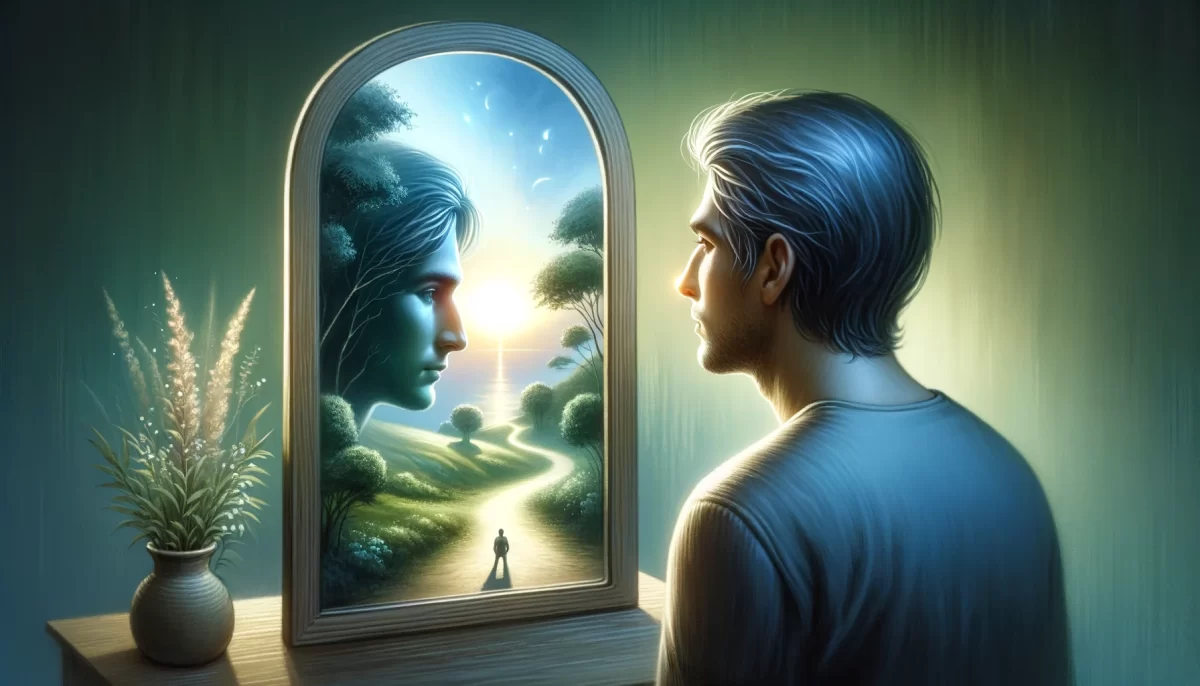
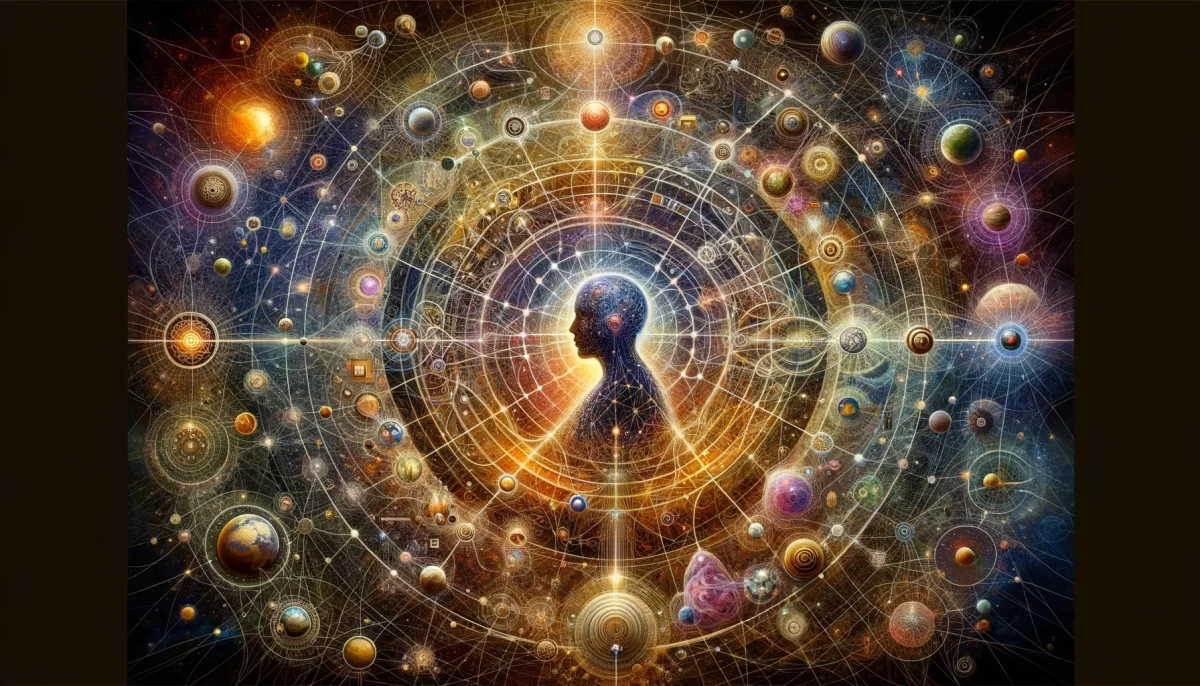
Leave a Reply